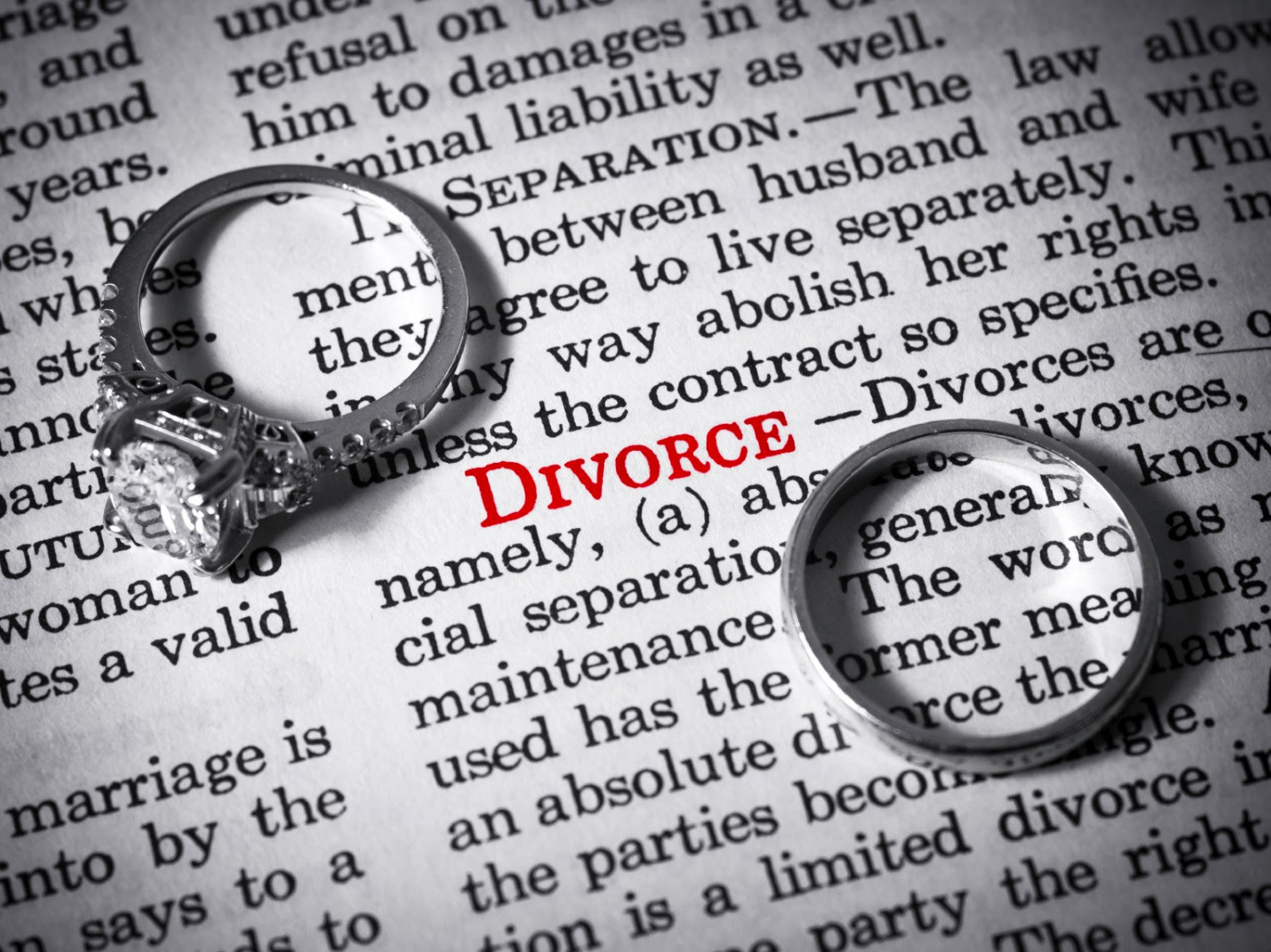By Joe Dillon with Equitable Mediation
If I asked you what the number one issue that drives divorce is, what would you say?
Would you say money?
Well, that might be a good guess since in a divorce you need to resolve and come to agreement on:
- Child Support – which outlines the financial support you and your spouse will each provide to your children, and
- Maintenance – which details the financial support one of you may provide the other post-divorce, and
- Equitable Distribution – which outlines how you and your spouse will distribute your assets and debts once your divorce is final.
So you’re probably thinking, if 3 of the 4 issues that need to be resolved in a divorce have to do with money (the only thing missing from this list is the parenting plan) then money has to be the number one issue that drives divorce, right?
Wrong.
OK, so if it’s not money, then what about the law? Is the law the number one issue that drives divorce?
After all, in order to get a divorce, it has to be filed with the courts, you have to get it approved by a judge, and divorce is a legal process. So maybe the law is the number one issue that drives divorce?
Once again, no.
So if it’s Not Money, and it’s Not The Law, Then What is it?
While those are both good guesses, there is a third option which, in this divorce mediator’s humble opinion, is the number one issue that drives divorce.
And that’s emotions. Emotion drives divorce:
- Emotions dictate how much money you will spend on your divorce and what your settlement will look like.
- Emotions determine what your co-parenting relationship will be and how well your children will fare during and after your divorce.
- Emotions will have a major impact your health and well-being and effect how well you move on after your divorce is long over.
And it’s emotions that are the one thing that most individuals and couples forget to manage throughout their divorce!
Falling Into The “Tactical Trap”
When an individual or couple goes from contemplating divorce, to actually following through with the decision to divorce, they have a tendency to only focus on the tactical steps to divorce. Things like which option they’ll use to get their divorce or which professional (or professionals) will help them execute the divorce process.
But in doing so, they miss an important step.
They’re so focused on choosing litigation or mediation, which lawyer or mediator to use, and so focused on the tactical decisions that need to be made (as there are literally hundreds of them) they forget to manage their emotions. And it’s their emotions that will color every interaction, every decision, and every move they make from the moment they say out loud, “I want a divorce.”
Should it All Come Down to Luck?
Now, in some cases, couples get lucky. They somehow manage to keep their cool and hold their emotions in check during the negotiation process. In this regard, at least they got to a settlement, things didn’t derail, and they didn’t wind up in court.
But, how healthy is this, really?
In my experience, people who go through their divorce like this aren’t exactly sleeping well, their relationships with their children, friends and co-workers suffer, and their post-divorce recovery takes an extraordinarily long time.
Then there are the “not so lucky” couples. Those whose emotions rule their world, and whose lives are not only impacted significantly during the divorce process, but permanently, once the divorce is over. In these cases, their emotions led to poor decision making, their settlements were impacted in a negative way, they probably spent way more than they should have on their divorce, and their anger will inhibit their ability to heal, move on, and find love again.
So Who Fares Best?
As someone who’s helped countless couples peacefully end their marriage, I can tell you from experience there’s one thing that the couples who fare best in mediation have in common. And that is: they’ve chosen to make a therapist a valuable member of their divorce team.
I like to say “mediation is therapeutic, but it is not therapy.” And while I do my best to keep the parties calm in session, and move them forward through the divorce process, our sessions only typically last 2 hours and we meet every other week. That means there are another 13 days, and 22 hours for them to be alone with their thoughts until we meet again.
That’s a lot of time for thoughts to run wild and things to derail.
In my opinion, having a highly skilled professional therapist on your side to help you manage the myriad of intense emotions and feeling that will inevitably pop up throughout the process is critical.
Doing so will help you better manage your emotions, make better decisions for you and your children, and ultimately shorten your healing, post-divorce, so that you can move forward, rebuild your life, and if you so choose, find love again.
